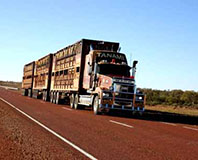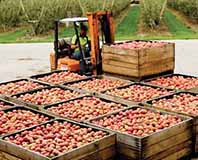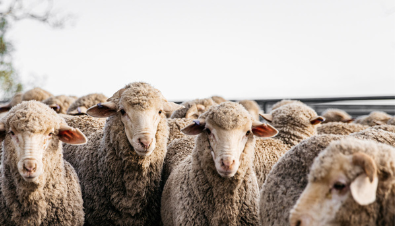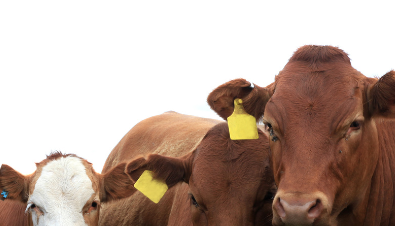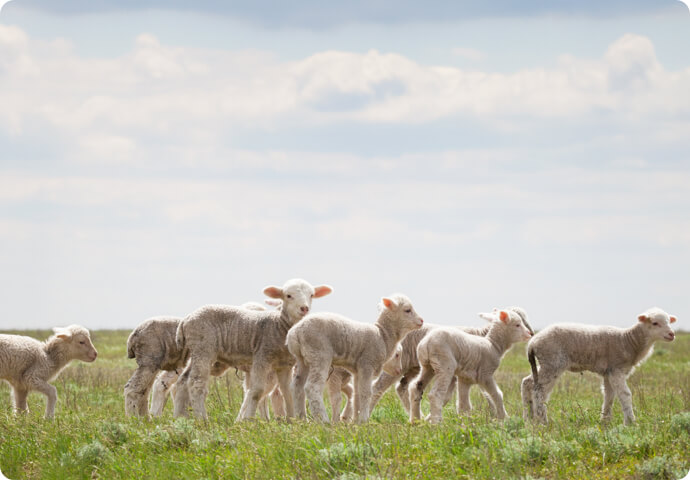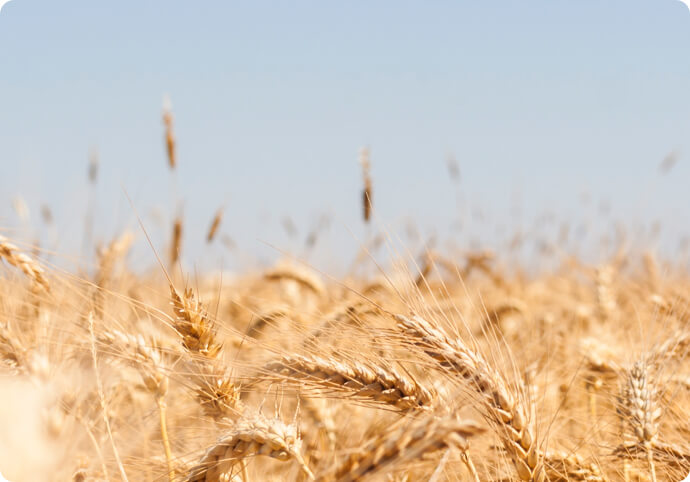Responsibility for biosecurity doesn’t end when plant products or animals leave the farm gate. The measures in place on your property support biosecurity in your region. You have an important role to play in protecting your region and the entire industry from biosecurity threats. Protect your reputation and your business – within a region, every farm may be affected in the event of a pest incursion or disease outbreak.


